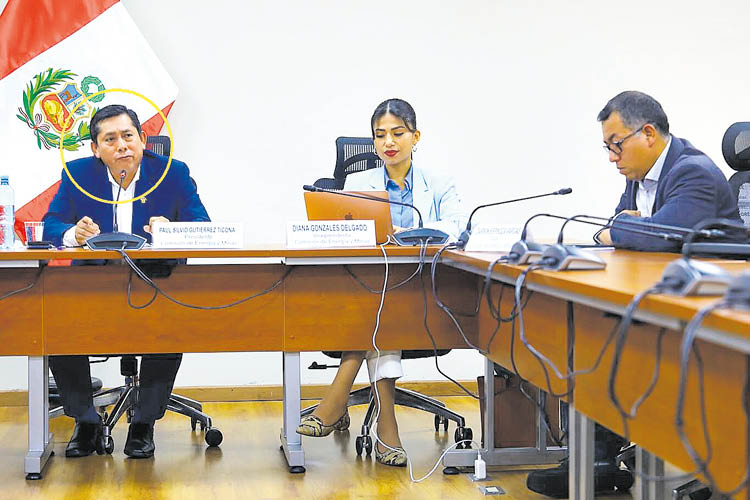It is valuable that figures in public life decide to write their autobiography to narrate their experiences from their decades of public service. Simply from the point of view of political history, they will always have an interesting narrative that serves as a lesson and it would be a waste to be forgotten.
Now, Francisco Labastida Ochoa shares Systematic Doubt with us. Political autobiography, which is a detailed account of his 45 years as a public official at the head of three ministries (Energy, Agriculture and the Interior), the governorship of Sinaloa, the embassy in Portugal, the Senate of the Republic and, of course, the presidential candidacy of the PRI. It is above all a text that projects its honesty, because as Luis Rubio points out in the Epilogue, there are two types of autobiographies: those that “serve the authors to exalt their vanity” and those that narrate their experiences to transmit experiences that may be useful. . This book belongs to that second group. To begin with, he is grateful to those who he recognizes as his three professional mentors: Fernando Hiriart, Julio Rodolfo Moctezuma and Miguel de la Madrid.
The structure of the text is pleasant by ordering his responsibilities as a public official by six-year context, covering eight six-year terms and seasoning the reading with several unknown personal anecdotes. Among them, when he verbally confronted Echeverría: “President, they lie to you, they misinform you and you believe them. That’s why he draws the wrong conclusions.” Or the funny anecdote about how the governor invented tacos. Another is the occasion when López Portillo offers him to be governor of Sinaloa and in all honesty he rejects it: “It seems irresponsible to accept a position for which I am not qualified.” But he prepared and accepted the candidacy when Miguel de la Madrid offered it to him in 1986.
One of the most bitter passages for the author is the description of his presidential campaign in 1999-2000. He always opposed the candidate selection method being through an expensive electoral process, since with this the PRI entered the race decapitalized. Furthermore, he narrates how Zedillo did not support the campaign.
At the end of the book, Labastida highlights, with absolute frankness and some frustration, five experiences without favorable results and that provided him with critical lessons: the attempt to change educational policy, the proposal to join the GATT, the failure of a rationalization of the policy oil company, the failed attempts to democratize the PRI and the ideals expressed in its presidential project.
It’s good that Labastida delved into his personal archives and his memory to give us a fascinating testimony of several decades of the country’s political and economic history. These were times when, with everything and its defects, there was institutionality, order in relevant decisions (for example, through the Expenditure-Financing Subcommittee) and a wealth of human capital in the government. At the end of reading, it never ceases to surprise you at the speed with which institutions are now destroyed and the human capital built over so many years is eroded.

















